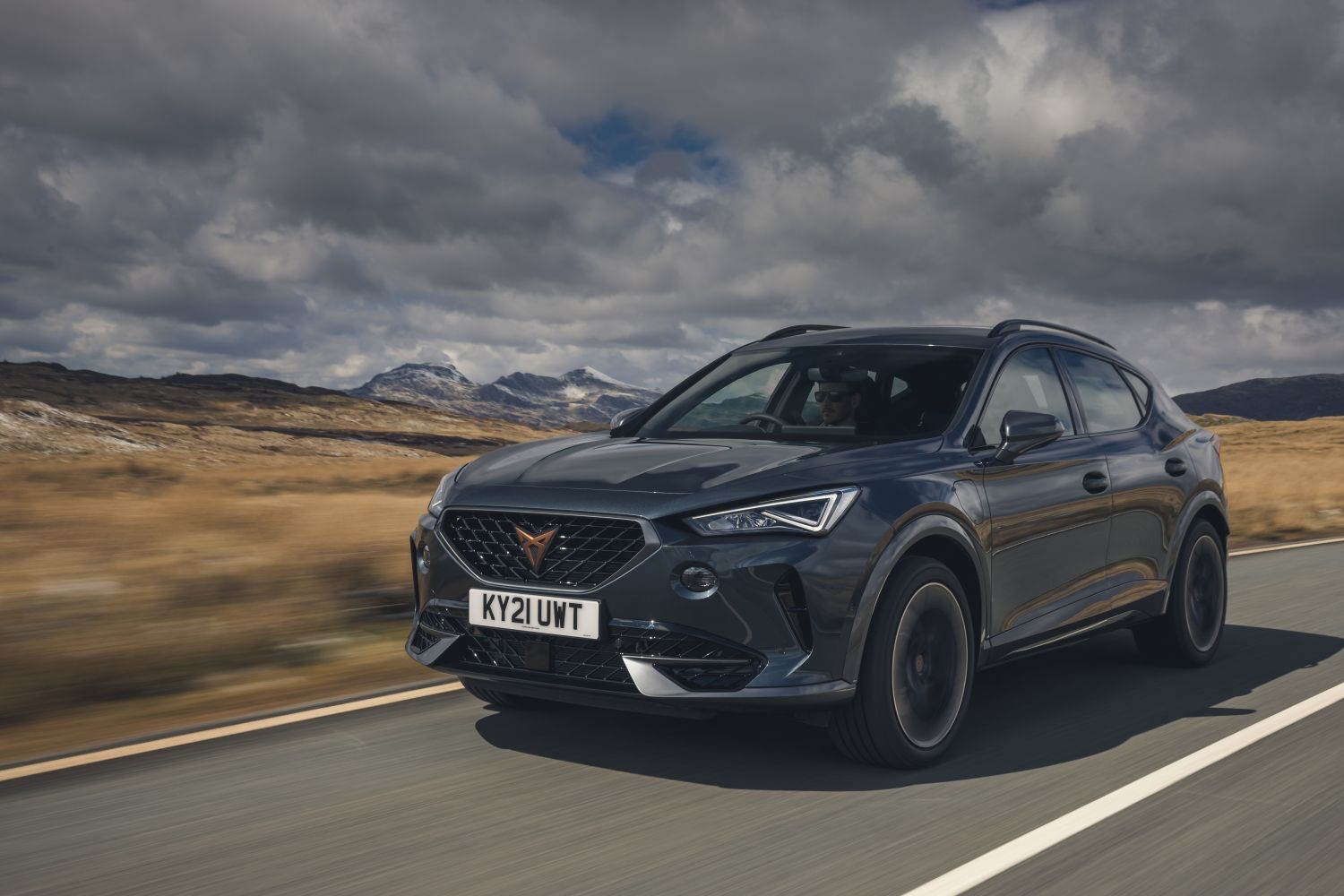Now, as the automotive market hurtles toward an all-electric future, owners of hybrids may be grappling with the decision to sell. This may stem from various reasons, including the age of their vehicle, changing personal circumstances, or the desire to embrace the latest eco-friendly technologies.
In this exploration, we'll delve into the intricacies of hybrid car ownership and dissect the factors that can help you decide if it's time to say goodbye to your hybrid. Whether you're motivated by the environmental impact, the evolving landscape of car technology, or the potential savings, this comprehensive guide will help you navigate through a potentially green transition.
Are Hybrid Cars Better Than Petrol or Diesel?
Hybrid cars have carved out a niche in the automotive industry as they offer the best of both worlds. With the ability to switch between a petrol/diesel engine and an electric motor, they promise to deliver improved fuel economy and lower emissions.
- Examining Fuel Efficiency - When pitted against traditional petrol or diesel vehicles, hybrids often come out ahead in short-range, city driving due to their electric power. However, on longer journeys, the advantage can start to blur as the battery depletes and the petrol/diesel engine takes over.
- Maintenance Costs - Hybrids are also known for their lower maintenance costs; their regenerative braking systems can help preserve the life of the brake pads, while the presence of fewer mechanical components can mean fewer parts to fail.
- Environmental Impact - In terms of the environment, the reduced dependency on fossil fuels is a significant advantage. For those who prioritize this aspect, hybrids can be seen as a positive step in the right direction until the day they might opt for a fully-electric vehicle.


Are Hybrids Better Than Fully-Electric Cars?
The rise of fully-electric vehicles presents a certain dilemma for hybrid owners. Fully-electric cars offer zero emissions and increasingly impressive ranges, but they may still be lacking in certain practical aspects depending on your lifestyle.
- Ranges and Recharging Infrastructure - If your typical use includes long journeys, you may find the current range of fully-electric vehicles limiting, and the recharging infrastructure still underdeveloped in certain areas. In these cases, a hybrid might be a more convenient option until these challenges are fully addressed.
- Upfront Costs - Fully-electric vehicles also come with a higher initial investment, even with government incentives factored in. Hybrids, often priced lower than their electric counterparts, can provide a financially balanced approach to eco-conscious driving.
When Should I Sell My Hybrid Car?
Changing circumstances and the life cycle of your vehicle can influence your decision to sell. It's crucial to consider the following factors:
- Age and Mileage - As with any car, the age and mileage of your hybrid are major considerations. As hybrids typically have lower maintenance costs initially, you may want to hang onto it until it reaches a point where those costs start to spike.
- Resale Value - Hybrids often have a higher resale value than their traditional counterparts due to their perceived quality and eco-friendly appeal. However, this value can decrease as the technology becomes more ubiquitous in the market.
- Personal Needs - Your personal driving needs can also change over time. Milestone events like a move to a new location, changes in daily commute, or the need for a larger vehicle for a growing family can all influence your choice to sell your hybrid.


Are Hybrid Cars Cheaper to Run?
Understanding the economics of running a hybrid is vital in making your decision.
- Fuel Savings - Hybrids offer savings on fuel costs, particularly if your driving consists mainly of short trips. However, the benefits are less pronounced for long-haul drivers.
- Tax and Incentives - In many places, hybrids attract lower taxes and may even qualify for incentives. Keep an eye on changing government policies that could impact the cost of keeping your hybrid.
- Depreciation - One significant financial aspect to consider is depreciation. How quickly your hybrid loses its market value will play a role in the total cost of ownership.
What Hybrid Taxes Are There?
Taxes, particularly those aimed at promoting greener choices, can factor heavily into the ongoing cost of owning a hybrid.
Potential Road Use Charges - Some cities are introducing low-emission zones where drivers of older, more polluting vehicles are charged for entry. Hybrids, which typically have lower emissions, may be exempt or receive a discount.
Tax Credits and Rebates - On the flip side, many governments offer tax credits and rebates to hybrid owners as a reward for choosing eco-friendlier options.
Will Hybrid Cars Be Banned?
As we witness an increasing number of cities and countries announcing plans to ban petrol and diesel vehicles, a natural concern for hybrid owners is whether their vehicles will be included in these bans.
Banning Policies - While some bans specifically target hybrid models, others look to phase out vehicles that rely solely on combustion engines. In the short term, it's unlikely that hybrids will be banned, but the long-term future could bring changes.
Legislative Watch - Stay informed on legislative developments in your area. Engaging with local politics or simply being a well-informed voter can provide you with a voice in these policy decisions.

Making a Final Decision on Buying or Selling a Hybrid Car
With the multitude of factors at play, the decision to sell your hybrid is deeply personal. It's a balance of financial considerations, environmental consciousness, and practicality.
Evaluate Your Usage Patterns
Take a hard look at how you use your car on a daily basis. Does it align with the strengths of a hybrid, or would a fully-electric or a traditional vehicle better suit your needs?
Weigh the Investment
Look at the current value of your car and weigh it against the cost of purchasing a new vehicle. Can you afford the switch, and will it provide long-term value?
For a hassle-free way to sell your car, with collection from your driveway and payment in the bank before we drive away, choose Sell 2 Swansway to value your hybrid car.